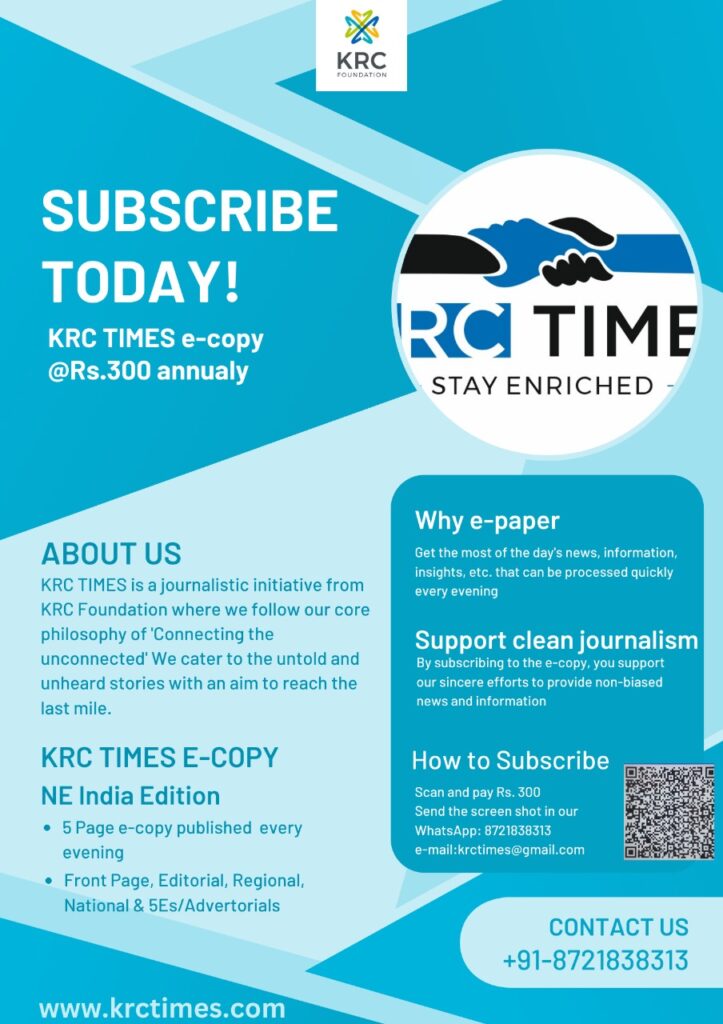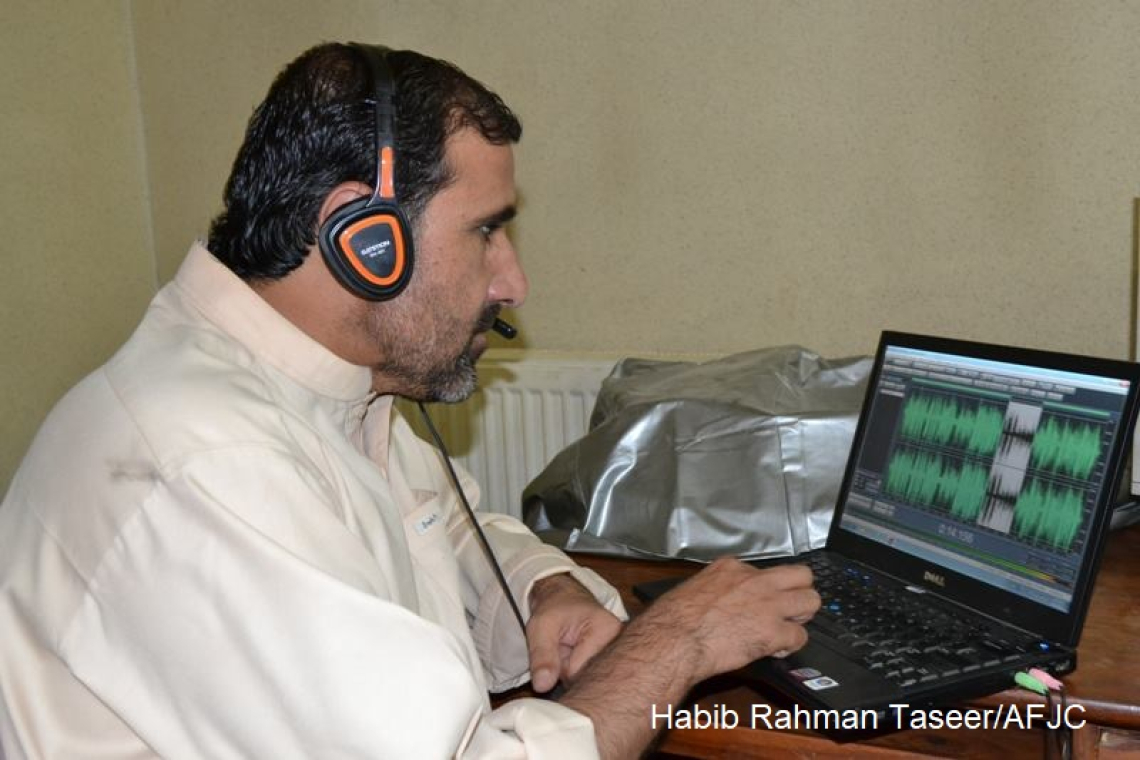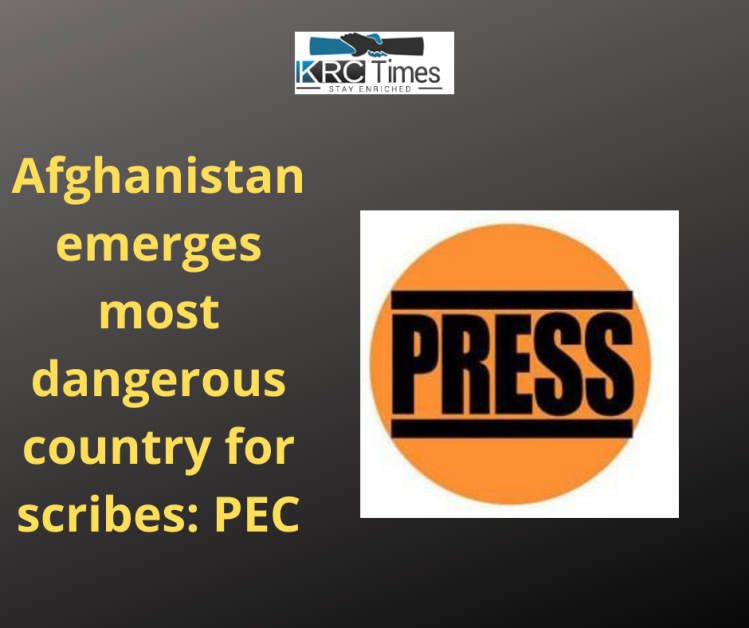The Taliban’s decision to skip the conference in Doha has further deepened their global isolation. Despite this, they appear indifferent as humanitarian aid continues to flow in to assist the Afghan people affected by natural disasters and ongoing violence
 KRC TIMES National Bureau
KRC TIMES National Bureau

The Taliban’s decision to skip the conference in Doha has further deepened their global isolation. Despite this, they appear indifferent as humanitarian aid continues to flow in to assist the Afghan people affected by natural disasters and ongoing violence. The OIC’s commitment to engaging with Afghanistan’s de facto authorities was emphasized by Ambassador Tarig Ali Bakheet during the conference. He highlighted the organization’s efforts in providing aid, sending delegations, and hosting a conference on women’s rights in Islam. The recent international conference on “Women in Islam: Status and Empowerment” organized by the OIC and hosted by Saudi Arabia underscored the importance of women’s rights and empowerment in Islamic societies.The Jeddah Document on Women’s Rights in Islam, produced during the conference, has been hailed as a valuable resource for legislative bodies and human rights organizations in member states and Muslim societies. It is intended to be adopted at the upcoming Islamic Summit in Gambia and presented to international forums. The document aims to dispel doubts about Islam’s fairness towards women by outlining their rights in a comprehensive manner, emphasizing that isolated social practices in certain Muslim societies do not reflect the true essence and universality of Islam. Taha’s remarks, particularly his implicit rejection of the Taliban’s stance on women’s rights, may not sit well with the Afghan mullahs. Furthermore, his affirmation that women’s empowerment remains a top priority for the OIC and that the organization will launch various initiatives to elevate their status in Muslim societies, is likely to draw their ire. Taha’s words carry significant weight, especially considering that he delivered them in Saudi Arabia, a country that has taken significant steps under the leadership of Crown Prince Mohammed bin Salman al Saud to improve women’s position. Women now have the freedom to attend sporting events, are not required to wear the abayah in public, and can obtain driving licenses and engage in various activities without male escorts. While there is still much progress to be made and women advocating for more freedom often face harsh treatment, the advancements made so far are noteworthy compared to the previous situation.





